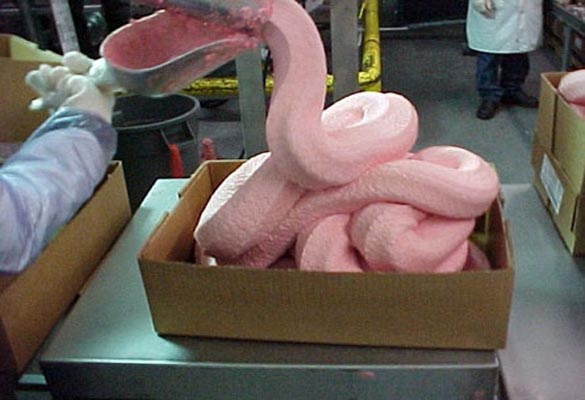Despite 2006 "Pledge," Fast Food Companies Target Kids More Than Ever
 In response to growing pressure about promoting unhealthy food to kids and contributing to the obesity epidemic, the fast food industry did what every industry that produces a harmful product does: it pledged to voluntarily end the harmful practices that started drawing scrutiny to the industry. Accordingly, in 2006 the Council of Better Business Bureaus launched its Children's Food and Beverage Advertising Initiative (CFBAI), a voluntary code of conduct under which fast food purveyors pledged to promote healthier food choices in their advertising, and to use messages encouraging good nutrition in ads aimed at kids.
In response to growing pressure about promoting unhealthy food to kids and contributing to the obesity epidemic, the fast food industry did what every industry that produces a harmful product does: it pledged to voluntarily end the harmful practices that started drawing scrutiny to the industry. Accordingly, in 2006 the Council of Better Business Bureaus launched its Children's Food and Beverage Advertising Initiative (CFBAI), a voluntary code of conduct under which fast food purveyors pledged to promote healthier food choices in their advertising, and to use messages encouraging good nutrition in ads aimed at kids.
As with other voluntary corporate codes, the CFBAI has proven more effective at staving off regulation of the fast food industry than protecting kids from predatory advertising and marketing practices. Since signing onto the Initiative, the fast food industry has found many ways to evade its purported intent and promote their unhealthy foods to kids more than ever.

 The U.S.
The U.S.  First, a weird photo of
First, a weird photo of